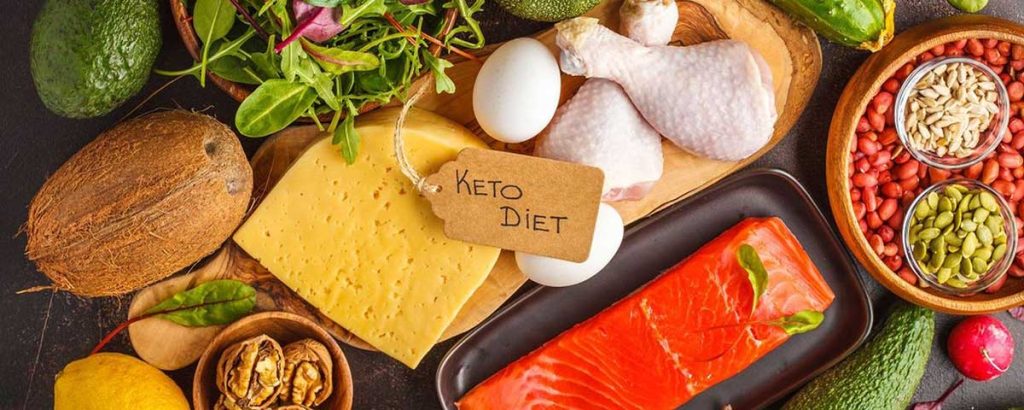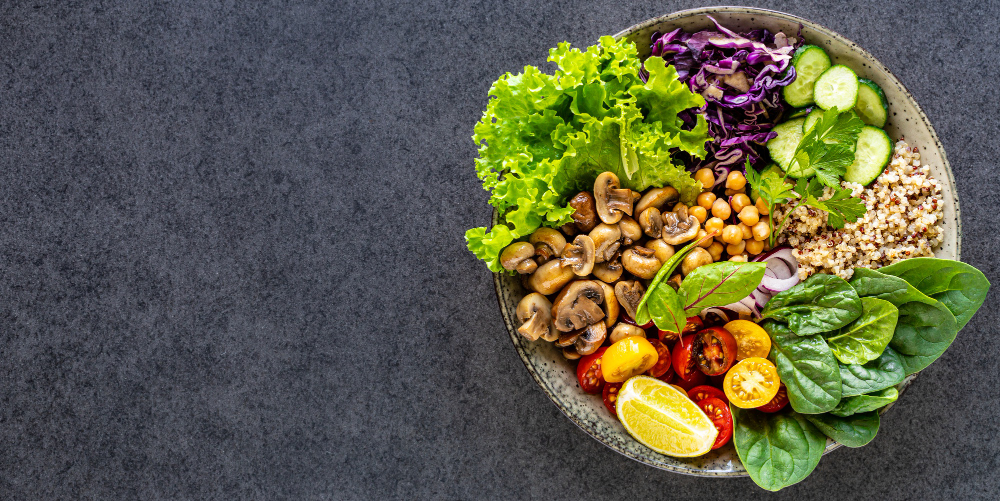Table of Contents
Keto Diet for Beginners: Your Ultimate Guide to Getting Started
Are you intrigued by the idea of the keto diet but not quite sure where to begin? You’re not alone! The ketogenic diet, or keto diet for short, has gained significant popularity in recent years for its potential benefits in weight loss and overall health improvement. If you’re new to the keto world, fear not – we’ve got you covered with everything you need to know to get started on your keto journey.
What Exactly is the Keto Diet?
The keto diet is a low-carbohydrate, high-fat diet designed to shift your body’s primary source of energy from carbohydrates to fats. By significantly reducing your carb intake and upping your fat consumption, you’ll put your body into a state called ketosis, where it burns fat for fuel instead of carbs. But how does it work, and what should you eat? Let’s dive in.
The Keto Macros Breakdown
To maintain ketosis, it’s crucial to strike the right balance between your macronutrients:
70-75% Fat: Healthy fats like avocados, nuts, seeds, olive oil, and fatty cuts of meat should dominate your plate.
20-25% Protein: Incorporate sources like meat, poultry, fish, tofu, and dairy products.
5-10% Carbohydrates: Your carb intake should be primarily from non-starchy vegetables like leafy greens, broccoli, and cauliflower.
Keto-Friendly Foods
Now that you know the macronutrient breakdown, let’s explore the foods that should grace your keto-friendly grocery list:
Meat and Fatty Fish: Beef, chicken, salmon – these are your protein staples.
Low-Carb Vegetables: Load up on leafy greens, kale, cauliflower, and other low-carb veggies.
Healthy Fats: Avocados, coconut oil, butter – these are your best friends.
Nuts and Seeds: Enjoy these in moderation.
Dairy Products: Opt for full-fat versions of cheese, cream, and yogurt.
Eggs: A keto superstar.
Foods to Bid Farewell to
To maintain ketosis, you’ll need to say goodbye to high-carb culprits:
High-Carb Foods: Bread, pasta, rice, sugary snacks – they’re off-limits.
Sugary Drinks: Soda, fruit juices – avoid these sugar bombs.
Starchy Vegetables: Potatoes, corn, and their starchy buddies.
Most Fruits:Limit fruit intake to small portions of berries.
Legumes: Beans, lentils, and other legumes are too carb-heavy.
Processed and Junk Foods: Chips, cookies, and fast food – steer clear.
The Benefits of Going Keto
Wondering why so many people are jumping on the keto bandwagon? Here are some potential benefits:
Weight Loss: Ketosis can help your body burn fat more efficiently.
Improved Blood Sugar Control: It may be beneficial for those with type 2 diabetes.
Enhanced Mental Clarity and Focus:Say hello to increased mental acuity.
Increased Energy Levels: Steady energy throughout the day.
Potential for Improved Cholesterol Levels: Some individuals experience positive changes in their lipid profiles.
Navigating Potential Side Effects
As with any diet change, there can be side effects:
Keto Flu:Some people experience flu-like symptoms during the transition.
Constipation: Due to reduced fiber intake.
Increased Cholesterol Levels: This can happen in some individuals.
Nutrient Deficiencies: Be vigilant about getting essential nutrients.
Safety First
Before embarking on your keto adventure, consult with a healthcare professional, especially if you have underlying health conditions. Staying hydrated and maintaining proper electrolyte levels can help you avoid the dreaded keto flu. Regularly monitor your progress and be prepared to adjust your diet as needed.
Sustainability Considerations
While the keto diet can yield impressive results, it’s not always the most sustainable option due to its restrictive nature. Many people transition to a more balanced or low-carb diet after achieving their goals.
Conclusion
The keto diet offers a promising path to weight loss and improved health for many individuals. However, it’s essential to approach it thoughtfully, understand its principles, and seek professional guidance if needed. Remember, the keto diet might not be suitable for everyone, and alternative dietary approaches could align better with your goals and lifestyle. Regardless, with the right knowledge and determination, you can embark on your keto journey with confidence. Good luck!



